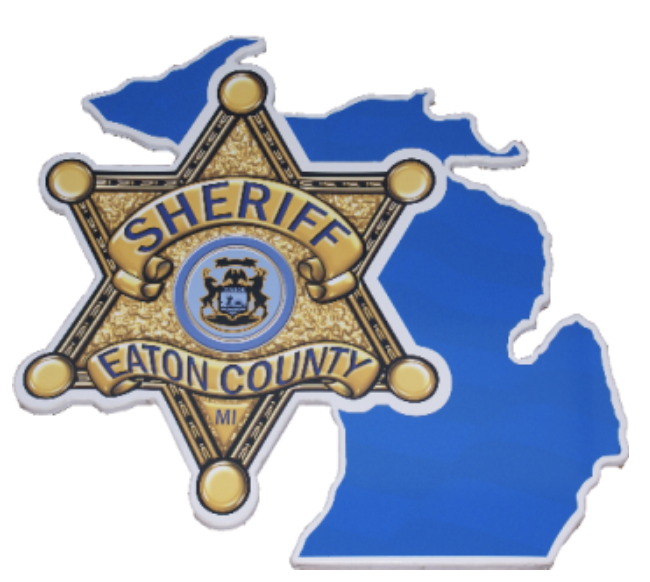By Carrie Kilman
Staff Writer, Tolerance.org
Talking about race makes us uncomfortable. Whether it’s denial, fear or simply not knowing which words to use, Americans often struggle to discuss race and racism.
In his hallmark book “Race Matters,” Cornel West, an African American studies scholar at Princeton University, calls the state of race dialogue in America “paralyzing… (W)e confine discussions about race in America to the ‘problems’ black people pose for whites, rather than consider what this way of viewing black people reveals about us as a nation.”
Despite our discomfort, say anti-racism activists, the events and aftermath of Hurricane Katrina — including who was left behind, the media coverage of the catastrophe and the government’s response — offer a chance to engage in serious discussions about racism, its effects and what each of us can do about it.
Tolerance.org spoke with several anti-oppression trainers, authors and religious leaders to uncover best practices for most effectively discussing race and class — as individuals, as communities and as a
Include varied voices
“If some people’s voices aren’t in the conversation, you can’t hear them,” says Martha McCoy, executive director of the Connecticut-based Study Circles Resource Center.
Study Circles helps communities across the country organize dialogue groups to address racism, classism and other forms of oppression. Dialogue groups often form as a response to a local racial crisis or hate crime.
“One thing we focus on is how do you get people to the table from different classes and different racial and ethnic backgrounds and different political viewpoints?” says McCoy. “Until you have a truly diverse group of people involved, you’re not going to solve the problems.”
The People’s Institute for Survival and Beyond facilitates Undoing Racism trainings for community groups across the country. The institute, with its roots in the Civil Rights Movement, had a front row seat to the devastation of Hurricane Katrina: Its national office, in east New Orleans, was destroyed in the storm.
The institute provides trainings for groups only in which at least one-third of the members are people of color.
In an all-white group, “it’s just too difficult, because there is so much denial,” says David Billings, an Undoing Racism trainer. “I don’t mean that maliciously; historically, white people have not been educated around the dynamics of race and power, so we deny they exist.”
Look past the personal
“I think that one of the biggest misconceptions, in white America at least, is that racism is primarily a personal, individual set of habits,” says McCoy. “What’s missing from this notion — and what I think Katrina has opened the lid on — is that racism goes way beyond that. It’s embedded in our history and culture and institutions. Understanding this is critical.”
But making that leap — that racism is about more than individual prejudice and bigotry — can be challenging.
“People say, ‘Well, I’m not a racist. I’ve never done anything to hurt anyone,'” says the Rev. Hope Johnson, minister of the Unitarian Universalist church in Garden City, N.Y., and co-chair of the Anti-Racism and Diversity Committee of Metro New York. “But they don’t understand where they fit into the whole picture.”
The ARDC offers anti-racism trainings for youth and adults throughout the New York region. It discovered early on that people can’t address diversity issues without first tackling issues of racism and oppression.
“My job,” says the Rev. Johnson, “is to give people the tools they need to analyze what institutional racism looks like, so that when once they begin to look at the advantages and disadvantages that present themselves, it’s not personal.”
Get over the guilt
“…(T)o be honest, writing, reporting and even talking about race makes me feel uncomfortable,” Sara Kuhl, assistant city editor of the Wisconsin State Journal, wrote in a recent essay for the Poynter Institute, a journalism clearinghouse.
“I’ve gone through all kinds of diversity training and know how to be politically correct and how not to offend,” she wrote. “But I don’t know how to ask difficult questions about race because I don’t want to be labeled as being racist or stupid. … (S)o instead, I avoid discussing the topic in any meaningful way.”
Discussions of race, whether around a dinner table or at a communitywide form, often falter when fears of sounding ignorant or feelings of guilt interfere, experts say.
“There is so much misinformation about our history and culture that its very threatening to talk about race,” says Paul Kivel, an anti-oppression trainer and author of the book, “Uprooting Racism.” “But we talk about race everyday. You can’t read the newspapers or go down the street without thinking about race. The question is, what kind of framework do we use? How do we make that more explicit?”
This is where safe spaces — like community dialogue groups and anti-racism workshops, where people feel free to speak openly — become critical.
“It’s the responsibility of everyone to create a space for respectful education and learning,” says the Rev. Johnson. “Giving each other permission to make mistakes is key.”
Take action
“With a little bit of safety, most people are willing to talk about these things,” says Kivel. “The obstacle is how do you get them to the next stage of getting involved in their community and doing something?”
In 1999, residents of Fayetteville, N.C., participated in a community dialogue on racism. Several participants voiced concern that the local police and fire departments failed to accurately represent the town’s ethnic demographics — in essence, they were too white.
The dialogue inspired the deputy fire chief to partner with Fayetteville State University, a historically black university, to create a fire sciences curriculum. In addition, the fire department opened a station in a predominately black neighborhood that previously had been underserved by city services.
The Fayetteville example illustrates how openly discussing oppression can lead to change, says McCoy.
“Conversations that help people understand race and class issues in ways they didn’t before are great,” she says. “But they need to do something with it. Otherwise, it’s almost like a book club. If people can leave the conversation there, then something is wrong with the conversation.”
The predominance of Hurricane Katrina news coverage has inspired countless conversations about the role race and class play in America today. But the Rev. Johnson wonders if it signifies more — a call to action.
“I’m cautiously optimistic that this is the biggest and most profound and most touching time in this country’s history since the Civil Rights Movement,” she says. “But we can’t wait for the media; we can’t wait for any system on which this country stands. It’s up to each of us — it’s going to be our work, our responsibility. A lot is riding on our shoulders.”
The Mayor’s Initiative on
Race and Diversity
LANSING, MI – The Mayor’s Initiative on Race and Diversity was created four years ago in response to City Council’s concern regarding issues of race.
According to Willard Walker, Director of Human Relations and Community Services, “Hurricane Katrina simply reminds the country of the depth of how many issues there are regarding race and poverty.”
Walker said that Lansing’s initiative promotes opportunities for meaningful dialogue and interaction between various races and culture. The overall goal of the initiative is to help the community improve and become a better place for people to live, work and raise a family.
Dialog Circles were held in 2004 and groups from different backgrounds discussed issues. In the dialog circles everyone had an equal voice, and the participants tried to understand each other’s views. They did not have to agree with one another. The idea was to share concerns and look for ways to make things better. The two-hour guided discussions were developed by Study Circles Resource Center and is being used around the country to help citizens gain a deeper understanding of the differences that strengthen our communities.
For information about the dialog circles or how to explore building multicultural alliances in your community, contact the Human Relations and Community Services Department at 517 -483-4477.



